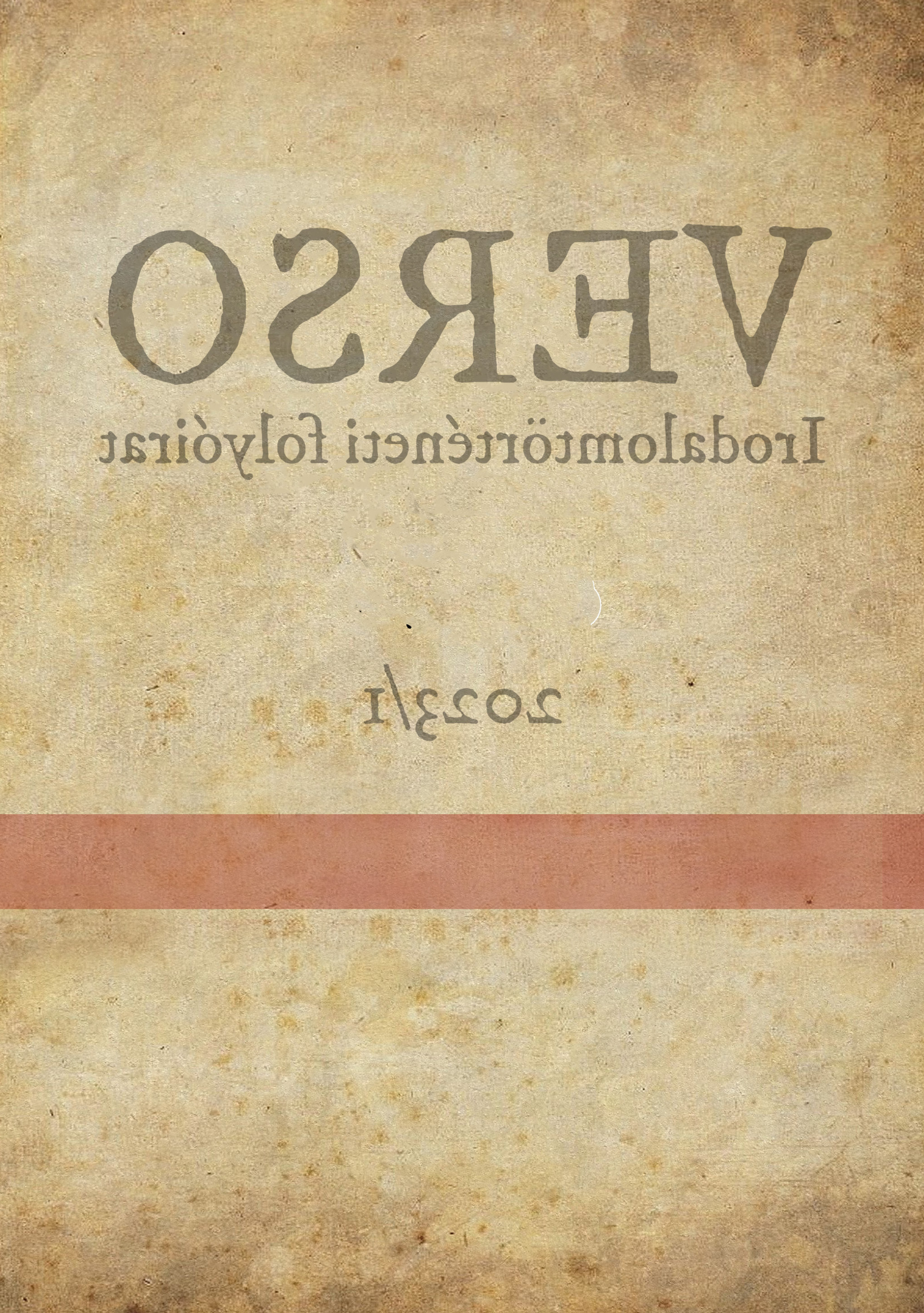Gyöngyösi-kontextusok a 18–19. század fordulóján
A költő szerepe Gvadányi József, Kazinczy Ferenc és Kölcsey Ferenc írásaiban
DOI:
https://doi.org/10.15170/VERSO.6.2023.1.9-28Absztrakt
Gyöngyösi István költészetének recepciótörténetét számos szaktanulmányból ismeri az irodalomtörténet-írás. Jelen tanulmány a költőről a 18–19. század fordulóján megfogalmazott, azóta közhellyé vált ítéletek közül vesz sorra néhányat, és vizsgálja őket elsődleges kontextusukban. Arra keresi a választ, hogy a rendszerezett irodalomtörténet-írás korszakát megelőzően milyen irodalmi és kulturális tényezők formálták a Gyöngyösiről való gondolkodást. A tanulmány három szerző, Gvadányi József, Kazinczy Ferenc és Kölcsey Ferenc kijelentéseinek vizsgálatával törekszik a recepciótörténeti narratíva árnyalására. Egyik következtetése, hogy a három szerző Gyöngyösi-értékelése elsősorban nem magáról Gyöngyösiről szól, hanem saját koruk aktuális dilemmáiról: Gvadányi esetében a magyar hagyomány és a külföldi divatok ellentétéről, Kazinczynál szoros értelemben vett nyelvi és poétikai-verselési kérdésekről, Kölcseynél pedig a magyar nemzeti költészet hiányáról és megteremtésének lehetőségeiről.

